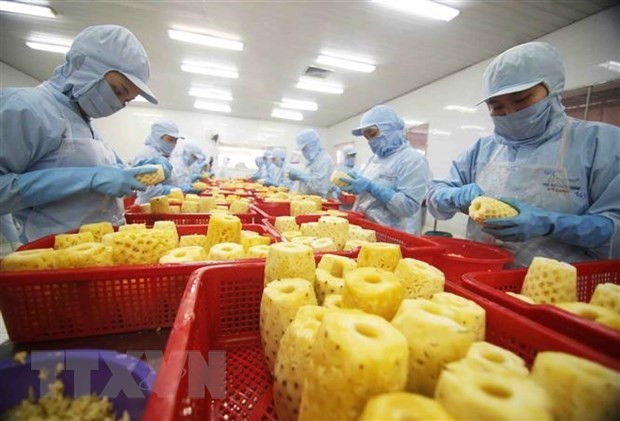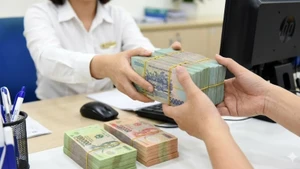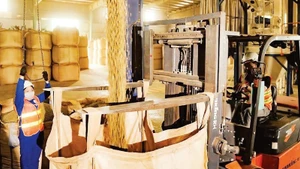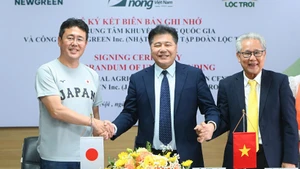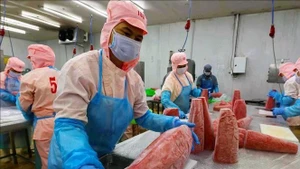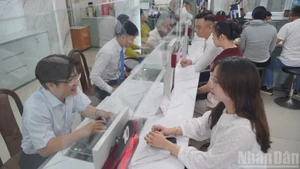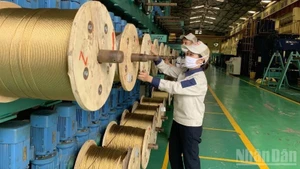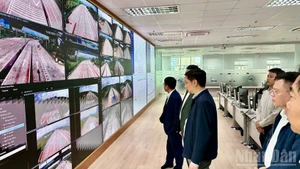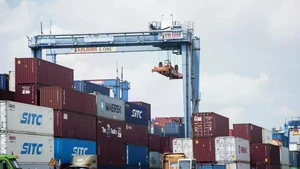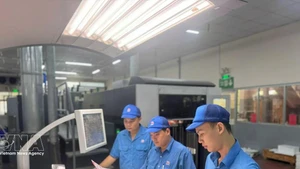The event is part of activities in the framework of the project "Enhancing the Export Competitiveness of Vietnamese Small and Medium Enterprises in Spice, Fruit and Vegetable Sub-Sectors" (SFV-Export) and a project to promote bilateral trade and investment cooperation between Vietnam and important and strategic partner countries.
It aims to assist businesses in raising the added value of Vietnamese agricultural products, building sustainable brands and boosting export capacity to key markets such as the European Union (EU) and other countries.
Addressing the seminar, Pham Duc Nghiem, Deputy Director of the Market Development and Science-Technology Enterprises Department under the Ministry of Science and Technology, provided insights into the research and application of science and technology, and innovation in the agricultural sector, which has received more and more attention nationwide.
He also pointed out difficulties facing the application of science and technology and innovation efforts in the agricultural sector, including small-scale production and a lack of policies to encourage businesses to engage in innovation and technology transfer in agricultural production.
According to Nguyen Van Hoi, Director of the Institute for Strategy and Policy Research under the Ministry of Industry and Trade (MoIT), the total export turnover of agricultural products in the first eight months of 2023 hit 16.9 billion USD, up 11.5% year-on-year. Of which, the export of vegetables and fruits, rice, cashew nuts, and coffee reached 3.55 billion USD (up 61.8%), 3.17 billion USD (up 36.1%), 2.23 billion USD (up 8.9%), and 2.94 billion USD (up 2.3%), respectively.
Despite integration achievements, agricultural exporters’ readiness for integration remains modest, and the exploitation of opportunities from international economic integration and the implementation of commitments in free trade agreements (FTAs) for developing the agricultural export market has not yet proved effective, he noted.
Vietnam still lacks policies to encourage and strengthen linkages between agricultural exporters and FDI enterprises to improve the combined strength in terms of capital, technology, and management expertise when joining global supply chains, Hoi stressed.
Participants emphasised the need for businesses, cooperatives and cooperative groups to strongly spur the application of technologies, IT, and AI in smart agricultural production, and in managing the production process in line with the value chain in association with traceability.
Hoi proposed solutions to expand the export of spices, vegetables and fruits, saying that attention should be paid to developing logistics services, reducing logistics costs, and increasing the application of IT in logistics activities for spices, vegetables, and fruits exports.
